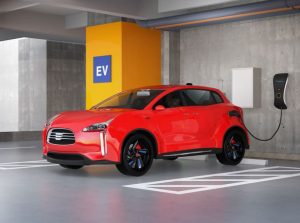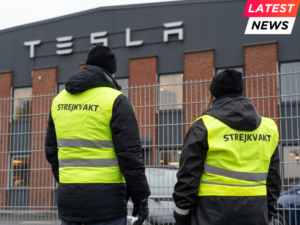Known for its golf courses, retirement appeal, and desert heat, Phoenix is making a name for itself as a rising technology hub, driven by decades of strategic growth in semiconductor manufacturing, autonomous vehicles, and drone innovation.
The city’s transformation into a tech epicenter has been powered by its favorable business environment, university partnerships, and a skilled talent pool, according to Anne Hoecker, global head of technology at Bain Global. “Phoenix really has all the ingredients to become a significant technology hub,” Hoecker said.
At the forefront of this shift is Taiwan Semiconductor Manufacturing Company (TSMC), which has committed a staggering $65 billion to expand advanced chip manufacturing in the region. TSMC’s facility, modeled after Taiwan’s pioneering science parks, is expected to generate 62,000 jobs, creating an ecosystem of suppliers and engineers.
“They’re essentially duplicating the science park concept from Taiwan,” said Rick Cassidy, chairman of TSMC Arizona. “This approach solves many logistical challenges for smaller suppliers.”
Phoenix has also become a key testing ground for self-driving cars. Companies like Uber, Cruise, and Alphabet’s Waymo have chosen the city for its gridded streets, consistent weather, and supportive policies. Waymo launched its robotaxi service in Phoenix in 2017 and now operates across 315 square miles, making it a leader in autonomous mobility.
In the skies, Amazon’s Prime Air drone program is taking flight. After receiving regulatory approval in November, Amazon began drone deliveries in Tolleson, a Phoenix suburb, with ambitions to scale to 500 million deliveries annually by 2025. “This is just the beginning,” said David Carbon, Amazon Prime Air’s vice president and general manager.
As Phoenix continues to attract investment and innovation, it’s poised to shed its old image, emerging as a dynamic hub for cutting-edge technology.
Related Readings:







































